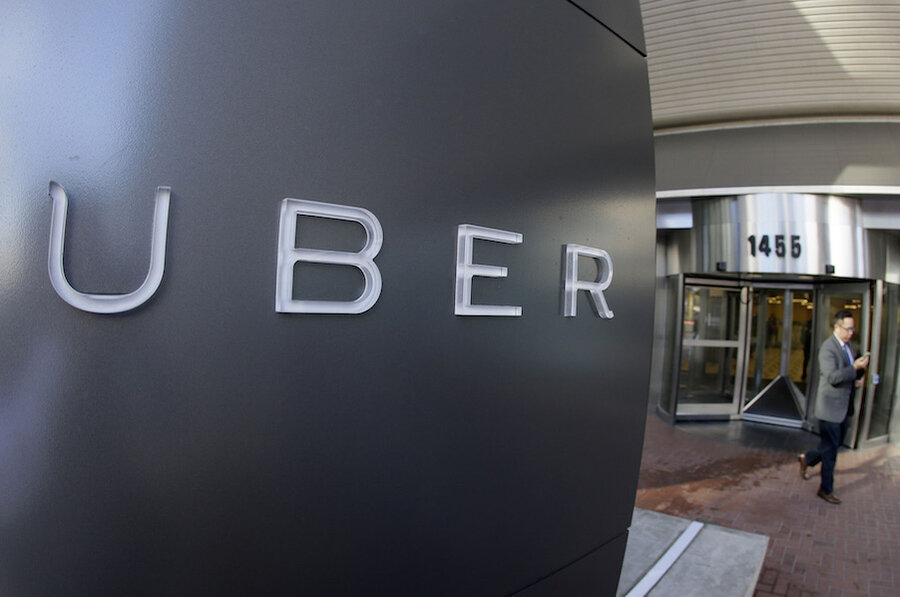Uber loses $1 billion a year competing in China
Loading...
Uber has had a rough time trying to make it in China.
The ride-hailing service is all-but dominant in the United States and popular in many other foreign markets, but it’s found Asia, especially mainland China, difficult to crack. The company faces formidable competition from Chinese-owned rival Didi Kuaidi.
On Thursday Uber CEO Travis Kalanick announced that the company’s Chinese operations are losing more than $1 billion on operational and other costs.
"We're profitable in the USA, but we're losing over $1 billion a year in China," Uber CEO Travis Kalanick told Canadian technology platform Betakit. "We have a fierce competitor that's unprofitable in every city they exist in, but they're buying up market share. I wish the world wasn't that way."
That’s not for lack of trying. Uber China, which focuses on the mainland Chinese market, is separate from Uber’s other operations and is run by Chinese managers. The subsidiary has pulled in $200 million in investments from Baidu, the Chinese search engine, and has some of the highest ride volume worldwide from its Chinese audience. In early February, Uber also partnered with Alipay, an app that lets Chinese users traveling internationally pay for their rides in renminbi (China's official currency) without having to switch currencies.
Uber is the world’s largest ride-hailing service by many accounts, valued at more than $50 billion. But despite the Baidu investment and its own sink of funds, Uber China is finding itself outpaced by Didi Kuaidi nearly every step of the way. Didi Kuaidi was formed when the two biggest ride-hailing apps in China, Didi Dache and Kuaidi Dache, merged, and it’s backed by e-retailer Alibaba and service portal firm Tencent, the two largest Internet companies in China.
At least in the Chinese market, Didi Kuaidi has far more capital than Uber does to spend on expansion in the mainland, having raised raised $2 billion in capital to the $1 billion Uber has set aside for its Chinese ventures. Didi Kuaidi also serves far more riders than Uber China does. One million people a day in Beijing alone use the service. A recent report by Analysys International found that Didi Kuadi dominates the ride-hailing market in China, leading with 83.2 percent of users to Uber’s 16.2 percent.
Didi Kuaidi has moved aggressively in its plans for expansion, and is looking to grow in Uber’s US backyard. In September 2015, it invested $100 million in Uber’s domestic rival Lyft. The two firms are working closely together to build a seamless user experience, where customers can use the same app to hail a car from Lyft when visiting the US or a car from Didi Kauidi when visiting China. Didi Kauidi has inked similar deals with GrabTaxi in Southeast Asia and the ride-hailing service Ola in India.
Uber and Didi Kuaidi have both invested heavily in subsidies for drivers that allow them to offer cheaper fares, and Uber believes that this pricing strategy may pay off in the long run for its Chinese operations. According to Kalanick, company hopes to offer Uber in more than 100 Chinese cities by the end of the year.






